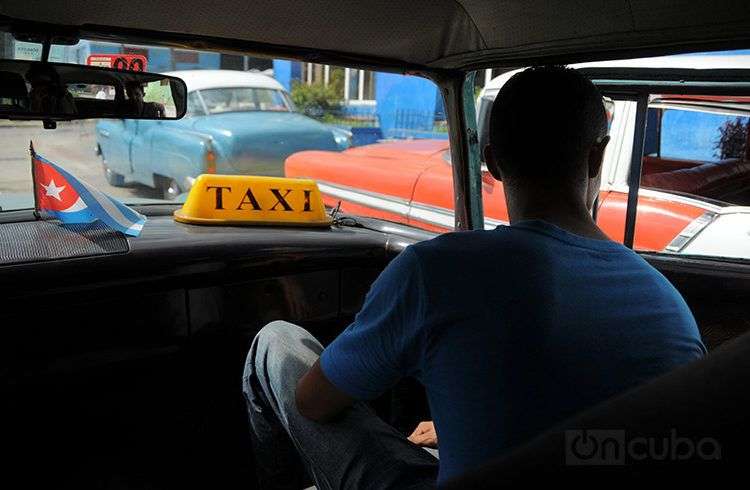OnCuba suggests the article: Institutional Changes of Cuba’s Economic Social Reforms: State and Market Roles, Progress, Hurdles, Comparisons, Monitoring and Effects, by Carmelo Mesa-Lago, Distinguished Professor Emeritus of Economic and Latin American Studies at the University of Pittsburgh .
In the article, Mesa-Lago evaluates the pros and cons of economic reform plans of Cuba in relation to institutional changes. Essentially, he concludes that institutional reforms in Cuba are moving in a positive direction, albeit slowly. The most important thing so far, according to the professor, has been the establishment of micro-credit, bank accounts, sales and property inheritance rights for beneficial owners and homeowners, among others. Still, he points key and structural changes that are still pending: a comprehensive price reform, the elimination of the dual currency, a realistic exchange rate and a restructuring of the banking system.
The author believes that if the economic model for Cuba would be out of “market socialism” adapted or mixed, as China and Vietnam, which have private sector, open markets and foreign investment, combined with tentative plans and decentralization of decision making, the economic growth would reach higher standards. For this reason, he proposed that the state should allow self-employment in professional sectors, generating high added value, authorized cooperative ownership of medium enterprises and business, allow a genuine independent cooperation, reduce excessive taxes on non-state workers, eliminate governmental measures that create uncertainty and expand microcredit and wholesale markets.
Mesa-Lago offers a range of recommendations in this regard that would contribute to advancing institutional reform within the context of the ongoing economic reform.











Does Prof. Mesa-Lago have any experience in governance, in economic management or social transformation? His diagnosis is interesting, as are his points of view regarding huge challenges within the complexities of trying to reform the Cuban economy for greater efficiency and rationality. The biggest challenge, however, is how to do that in a relatively small country, lacking significant natural resources and crippled for over 55 years with the most comprehensive system of economic sanctions faced by any nation. Add to the problem a political commitment with the well-being of the population and social justice that is unparalleled in today’s world.